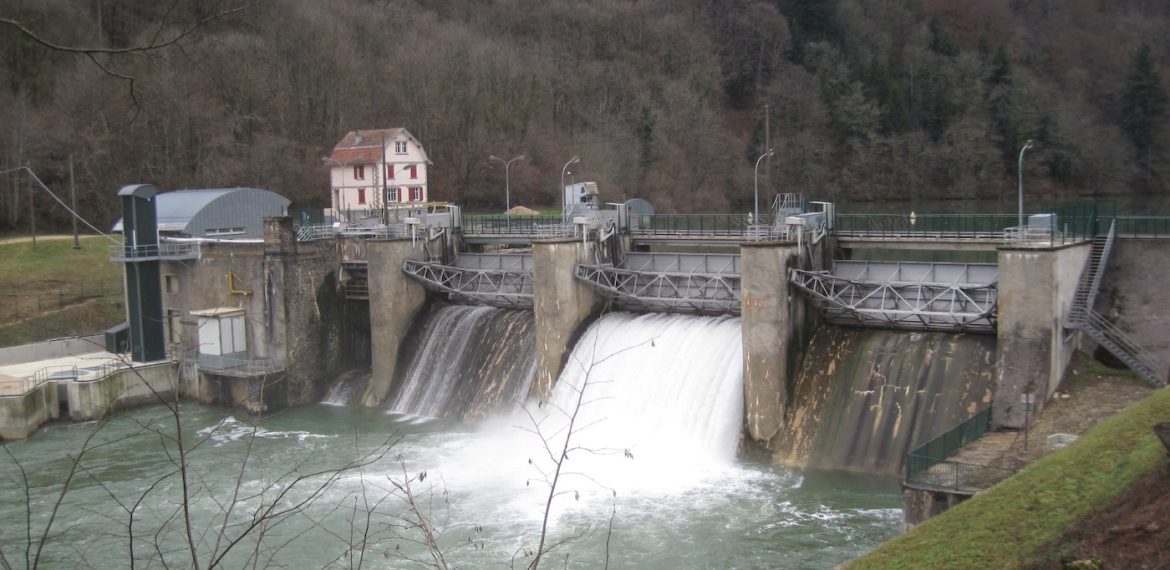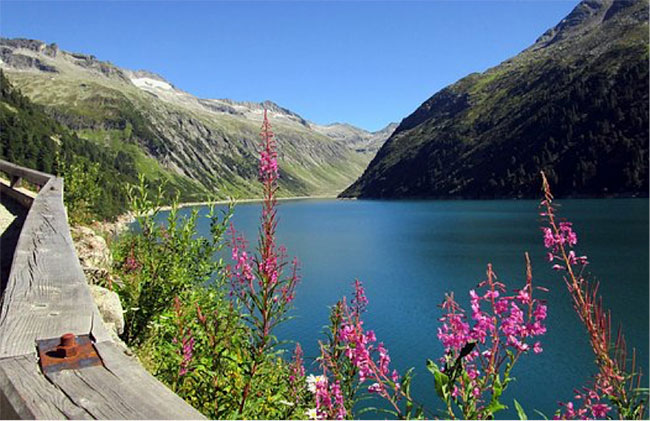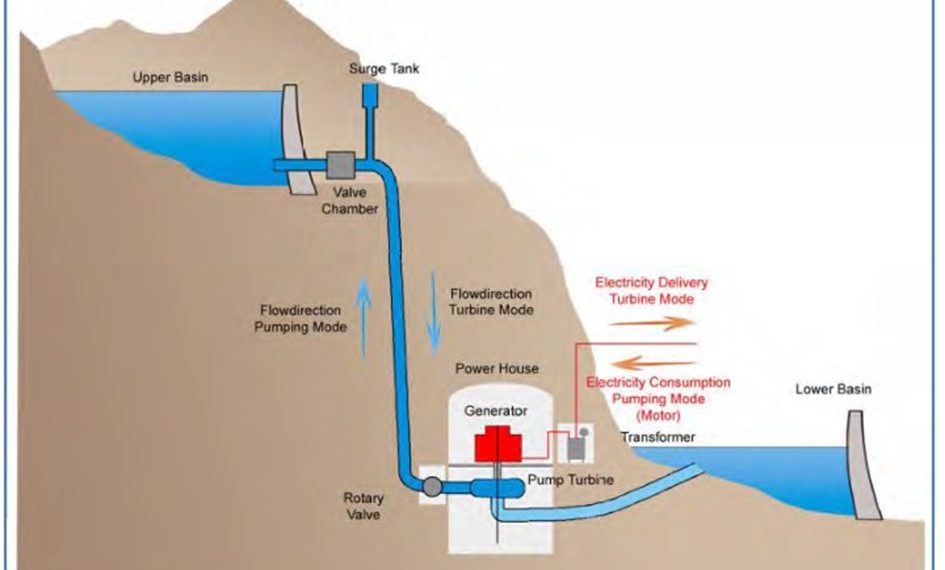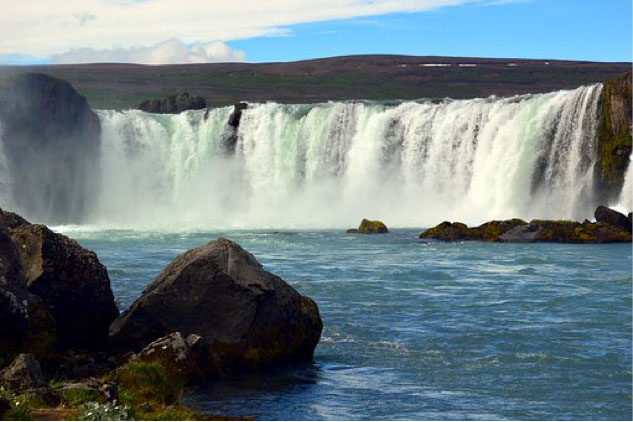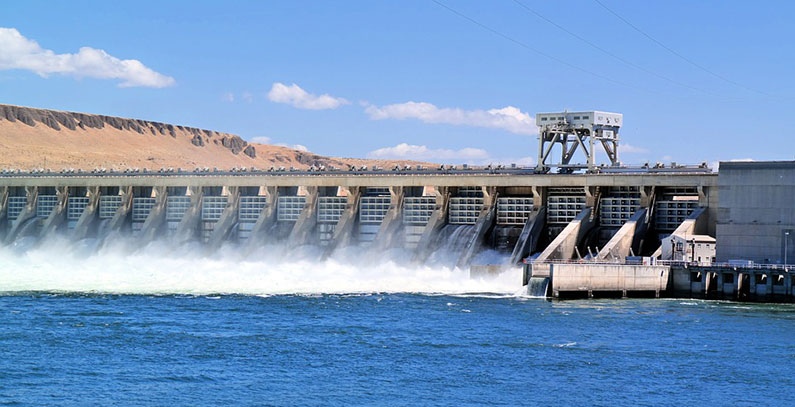Tous les résultats
Contents
28 February 2022
Energy consumption has very strict requirements and requires adequate means of production. It must be available in quality, quantity and at the chosen time, while spending the minimum. In the 21st century, energy shortages are completely unacceptable. The production and storage of energy must therefore meet these criteria, knowing that
 SABOURIN Michel
SABOURIN Michel- Niveau de lecture
3 February 2022
All generation technologies contribute to the balancing of the electricity network, but hydropower stands out because of its energy storage capacities, estimated at between 94 and 99% of all those available on a global scale (Read: Hydropower storage and electricity generation). This pre-eminence is explained by the numerous advantages of
 BRUSA-PASQUE Bernard
BRUSA-PASQUE Bernard Claude Rebattet
Claude Rebattet- Niveau de lecture
9 December 2021
Despite the fact that fossil fuels still dominate the world’s energy landscape and will continue to do so for several decades, the share of renewable energies (RE) continues to grow. This trend is expected to accelerate in the coming years, leading in particular to a drop in their operating costs,
 TOURNERY Jean-François
TOURNERY Jean-François- Niveau de lecture
27 July 2021
Hydroelectricity is based on a simple concept: to take advantage of the gravitational energy produced by the fall and the flow of bodies of water in order to convert it into mechanical and then electrical energy by means of a turbine-generator set. The creation of a reservoir upstream allows the
 Claude Rebattet
Claude Rebattet BRUSA-PASQUE Bernard
BRUSA-PASQUE Bernard- Niveau de lecture
22 February 2016
In a power system with increased need for flexibility, wind and solar power are characterised by considerable volatility across different scales and their output cannot be predicted with certainty. In order to deal with the resulting variations and forecast errors, system operators as well as electricity markets will need to
- WEISROCK Ghislain
- Niveau de lecture

